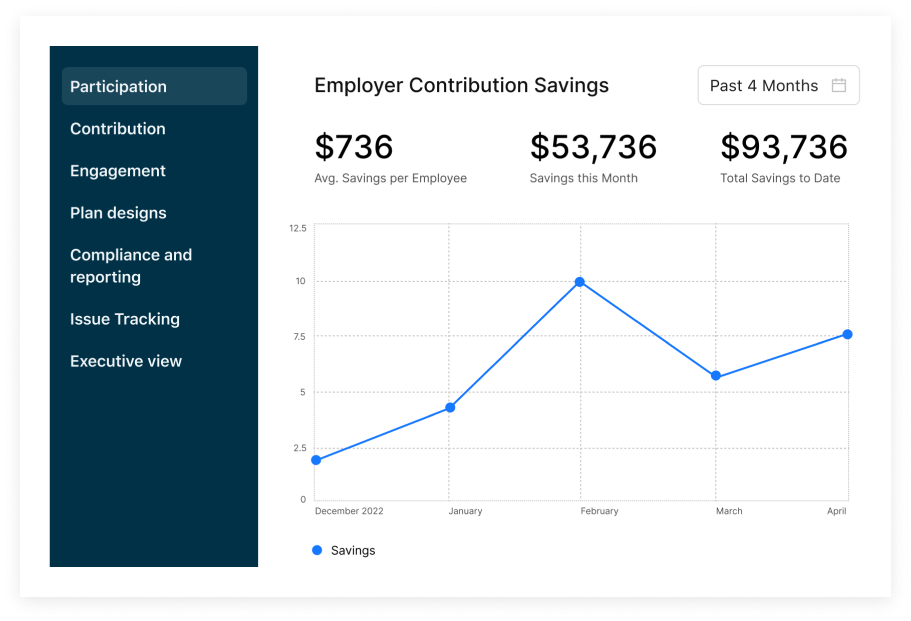Individual Coverage Health Reimbursement Arrangements (ICHRAs) are a relatively new form of employer-sponsored health coverage that was introduced January 1, 2020.
Traditionally, HRAs are commonly used with group health plans. Before the Affordable Care Act (A.K.A. "Obamacare") passed in 2010, it was common for small employers to use HRAs to reimburse for individual health insurance. However, unintended regulations that spun out of the ACA put a halt to the practice of reimbursing (and even penalized employers who continued doing it). Although it took a while, congress finally addressed the problem. In December 2016, a hodge-podge bill called the 21st Century Cures Act was passed by a Republican Congress and signed by President Obama. The bill created the Qualified Small Employer Health Reimbursement Arrangement (QSEHRA), making it permissible for small employers to reimburse for individual insurance if the employers (and employees) met several strict guidelines.
With QSEHRA gaining traction, the Trump Administration issued additional guidance to expand the use of HRAs. The team behind SureCo was instrumental in lobbying for this change, and in October 2018, the U.S. Departments of the Treasury, Health and Human Services (HHS), and Labor proposed new regulations to expand the usability of health reimbursement arrangements (HRAs). The rules were finalized in June 2019 and created two new types of HRAs: the Individual Coverage HRA (ICHRA) and the Excepted Benefit HRA.
The HHS estimates that by the end of 2025, roughly 800,000 employers will offer ICHRAs to pay for insurance for more than 11 million employees.
SureCo provides the most advanced platform for large companies to administer an ICHRA at scale.







